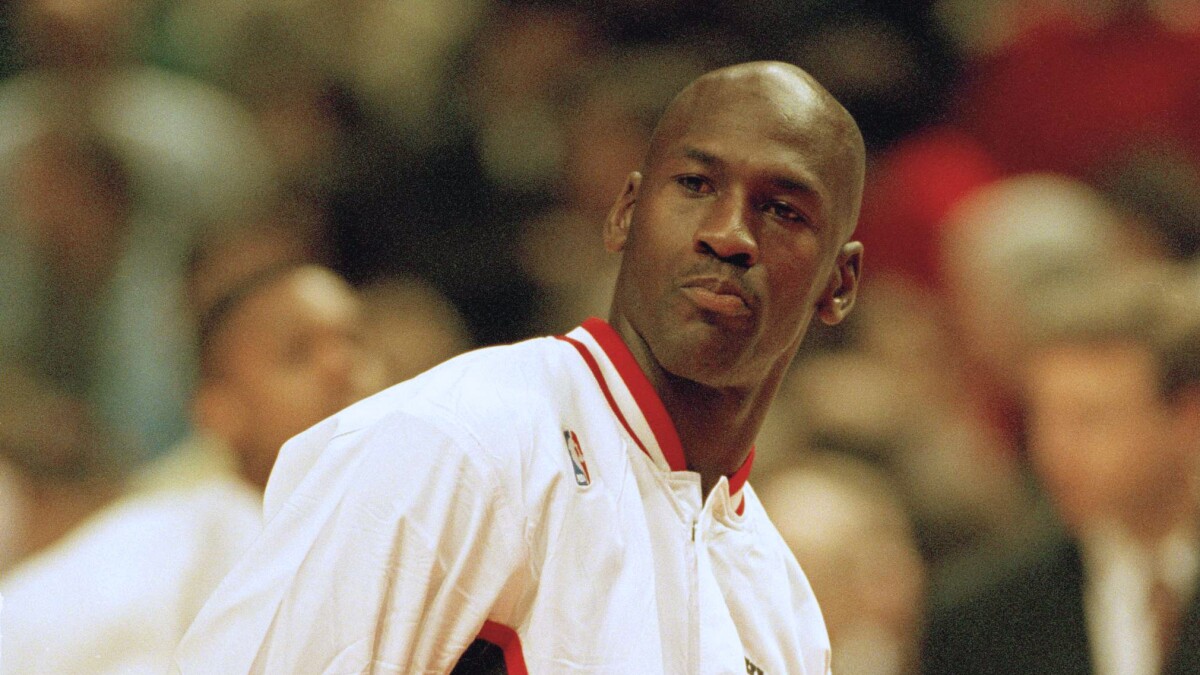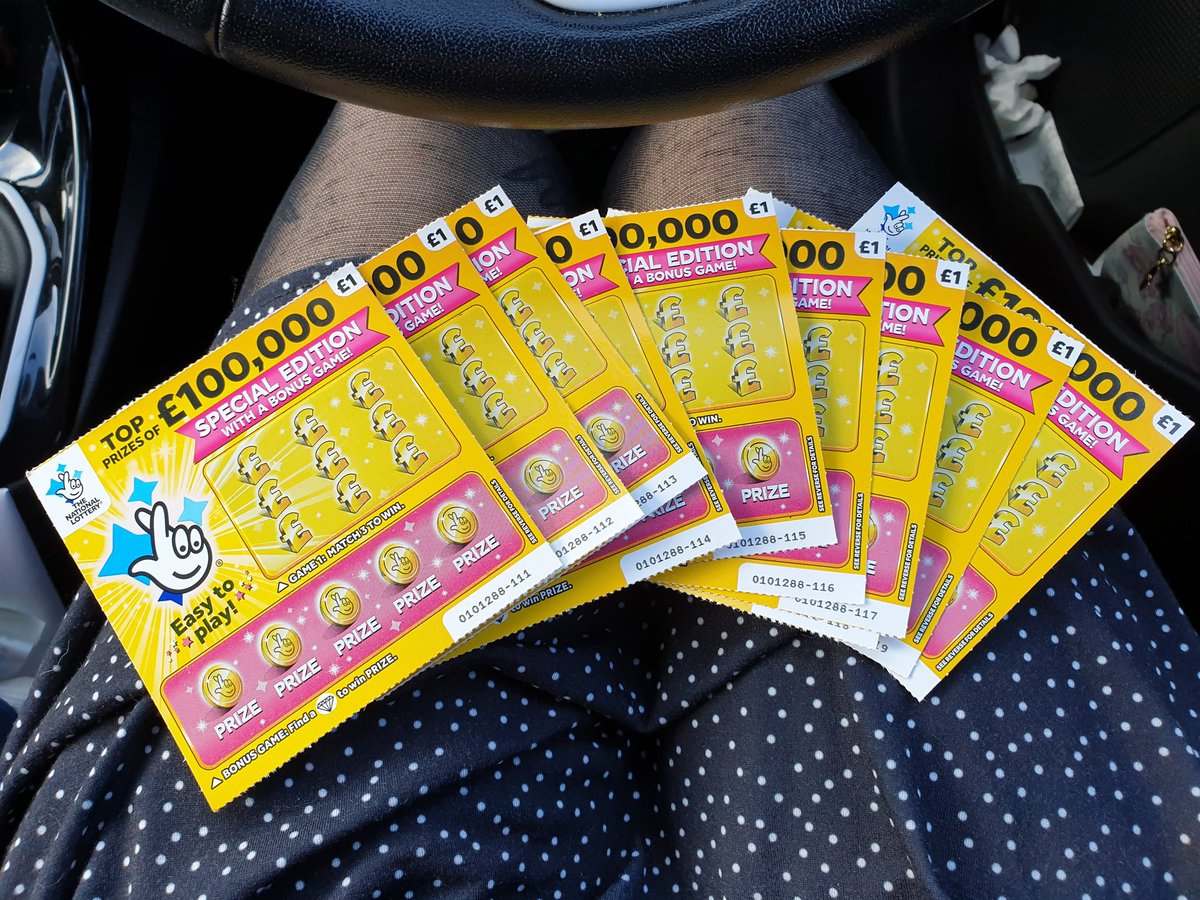For free help and advice about problem gambling, go to BeGambleAware.org or call the national gambling helpline on 0808 8020 133. Contact the Samaritans for free from any telephone on 116 123. So I’ve learned to keep the stakes small because I lose almost all of the time. I’m sure if I had a higher winning average I’d want to bet more often with higher stakes. It’s certainly fun to win. And I can totally understand the betting culture of being on a trading floor. Doesn’t sound like you have a gambling addiction to me.
Updated September 04, 2017 16:45:46
I'm a gambling addict. Three years ago, I was convicted of white collar fraud, after I stole over $130,000 from my employer to fuel an insatiable addiction.
My poison of choice was not poker machines, but online gambling.
Racing, the thoroughbreds, the trots, the dogs — I wasn't fussy, so long as I could get a bet on and fuel that addiction.
The bets would range anywhere between $5,000 and $20,000 a day. I would bet until 3:00am, try to sleep for three hours and bet again for another three hours on online racing in the United States.
I always thought the stereotypical gambling addict was a working-class middle-aged man or woman, sitting at their local club, feeding their favourite pokies machine four or five nights a week.

But I rarely ventured into the local TAB.
Betting while the kids were in the bath
At the zenith of my addiction, I was married with two beautiful young children and working as a finance manager at a local council.
When I was with my family, I was physically there — but mentally, I was miles away, thinking about gambling: when I could next bet, where would the money come from, whether I could back a winner.
I thought about gambling 24/7. I placed bets at home, at work, the shops — basically everywhere and anywhere I could get reception on my phone.
I would be walking with the kids and our dog, yet I'd still be trying to place bets. I would even bet and watch the races on the phone while the kids were in the bath.
A knock at the door
I had been thinking about stealing to solve some of my debt problems for months, but I couldn't do it because I knew the consequences would be dire.
Then one evening, I had a visit from two large men with a baseball bat, strongly suggesting it would be in my best interests to repay a sizable debt that was due that week.
They punched me and threatened to use the baseball bat 'next time'.
I was left bruised and battered from their warning. It was a seriously scary moment; I still occasionally have flashbacks and it sends chills through my body.
That night, I made the decision to steal from work. I felt physically sick and fidgety; my mind wouldn't stop racing. I knew it was wrong, but I did it — knowing I could one day get caught.
The first time is without a doubt the hardest — but once you've done it, stealing becomes easier.
Listen to the program
Earshot meets Leigh, an online gambling addict.
I had nothing to lose. That's how I 'reasoned' it.
However, stealing became another problem to add to my list.
I was constantly worried about being caught. When someone knocked on my office door, when I got a phone call, when my boss called me to a meeting, I was never quite sure.
The fear was slowly killing me, but I couldn't confess, couldn't turn back. I was on a knife-edge with no solution, no way out.
It was a Monday morning when I was finally caught. I was called into the CEO's office and they presented me with the overwhelming evidence.
I was caught red-handed, but I still denied it. I knew my career was over and that jail was not far away.
But at that stage, I had a small sense of relief. No more looking over my back. The lying and deceitfulness could stop.
On the inside
When I was caught and sentenced to jail, the gambling addicts I met in the prison system had similar stories to mine. They were middle-aged, smart, well-educated men from good upbringings, all addicts to racing and not the pokies — certainly not the stereotypical gambling addicts I had imagined.
My addiction cost me everything. I lost my job, all my material possessions including house, car, everything I owned.
But that pales into insignificance to the lost relationships.
Have I Got A Gambling Problem
Need help or support?
If gambling is affecting your health and you are feeling anxious or depressed, or if gambling is negatively impacting on your relationships, help and support are available.- Call Lifeline on 13 11 14
My marriage disintegrated, I lost access to my children, I don't talk to my family and I'm no longer on speaking terms with most of my friends. I don't blame them.
During my year in jail, I had enough time to reflect on all the damage it had caused and when I was to be released I knew I couldn't go back to that lifestyle.
You get far too much time to reflect in jail. I was constantly thinking about the kids, but I didn't decide to quit gambling because of them. The constant stress and 24/7 of thinking about gambling had destroyed me: physically, emotionally, and financially.
I knew if I didn't stop gambling it would kill me.
Get help before it's too late
I write this not because I find it a cathartic experience, but because I hope that it helps others to seek help before it's too late. Or for family and friends of addicts to intervene and offer support.
For people 'on the edge' or thinking about committing fraud, the solution is simple: get help.
Seek support before you hit rock bottom. The help that suited me the most was from my psychologist, one-on-one extended chats — but for others it may be Gamblers Anonymous.
For the family and friends of addicts: please don't give up on them, it's a horrendous disease and they need all the support you can give.
Life in 2017 is certainly not perfect, but it's a damn sight better than it has been.
I've got regular access to my children, I'm rebuilding lost relationships, I've found some temporary work — and I haven't had a bet since 2014.
Topics:gambling, internet-culture, family-and-children, fraud-and-corporate-crime, law-crime-and-justice, australia
First posted September 04, 2017 12:14:41
I've Got A Gambling Problem Involving
Updated September 04, 2017 16:45:46
I'm a gambling addict. Three years ago, I was convicted of white collar fraud, after I stole over $130,000 from my employer to fuel an insatiable addiction.
My poison of choice was not poker machines, but online gambling.
Racing, the thoroughbreds, the trots, the dogs — I wasn't fussy, so long as I could get a bet on and fuel that addiction.
The bets would range anywhere between $5,000 and $20,000 a day. I would bet until 3:00am, try to sleep for three hours and bet again for another three hours on online racing in the United States.
I always thought the stereotypical gambling addict was a working-class middle-aged man or woman, sitting at their local club, feeding their favourite pokies machine four or five nights a week.
But I rarely ventured into the local TAB.
Betting while the kids were in the bath
At the zenith of my addiction, I was married with two beautiful young children and working as a finance manager at a local council.
When I was with my family, I was physically there — but mentally, I was miles away, thinking about gambling: when I could next bet, where would the money come from, whether I could back a winner.
I thought about gambling 24/7. I placed bets at home, at work, the shops — basically everywhere and anywhere I could get reception on my phone.

I would be walking with the kids and our dog, yet I'd still be trying to place bets. I would even bet and watch the races on the phone while the kids were in the bath.
A knock at the door
I had been thinking about stealing to solve some of my debt problems for months, but I couldn't do it because I knew the consequences would be dire.
Then one evening, I had a visit from two large men with a baseball bat, strongly suggesting it would be in my best interests to repay a sizable debt that was due that week.
They punched me and threatened to use the baseball bat 'next time'.
I was left bruised and battered from their warning. It was a seriously scary moment; I still occasionally have flashbacks and it sends chills through my body.
That night, I made the decision to steal from work. I felt physically sick and fidgety; my mind wouldn't stop racing. I knew it was wrong, but I did it — knowing I could one day get caught.
I Got A Gambling Problem
The first time is without a doubt the hardest — but once you've done it, stealing becomes easier.
Listen to the program
Earshot meets Leigh, an online gambling addict.
I had nothing to lose. That's how I 'reasoned' it.
However, stealing became another problem to add to my list.
I was constantly worried about being caught. When someone knocked on my office door, when I got a phone call, when my boss called me to a meeting, I was never quite sure.
The fear was slowly killing me, but I couldn't confess, couldn't turn back. I was on a knife-edge with no solution, no way out.
It was a Monday morning when I was finally caught. I was called into the CEO's office and they presented me with the overwhelming evidence.
I was caught red-handed, but I still denied it. I knew my career was over and that jail was not far away.
But at that stage, I had a small sense of relief. No more looking over my back. The lying and deceitfulness could stop.
On the inside
When I was caught and sentenced to jail, the gambling addicts I met in the prison system had similar stories to mine. They were middle-aged, smart, well-educated men from good upbringings, all addicts to racing and not the pokies — certainly not the stereotypical gambling addicts I had imagined.
My addiction cost me everything. I lost my job, all my material possessions including house, car, everything I owned.
But that pales into insignificance to the lost relationships.
Need help or support?
If gambling is affecting your health and you are feeling anxious or depressed, or if gambling is negatively impacting on your relationships, help and support are available.- Call Lifeline on 13 11 14
My marriage disintegrated, I lost access to my children, I don't talk to my family and I'm no longer on speaking terms with most of my friends. I don't blame them.
During my year in jail, I had enough time to reflect on all the damage it had caused and when I was to be released I knew I couldn't go back to that lifestyle.
You get far too much time to reflect in jail. I was constantly thinking about the kids, but I didn't decide to quit gambling because of them. The constant stress and 24/7 of thinking about gambling had destroyed me: physically, emotionally, and financially.
I knew if I didn't stop gambling it would kill me.
Get help before it's too late
I write this not because I find it a cathartic experience, but because I hope that it helps others to seek help before it's too late. Or for family and friends of addicts to intervene and offer support.
For people 'on the edge' or thinking about committing fraud, the solution is simple: get help.

Seek support before you hit rock bottom. The help that suited me the most was from my psychologist, one-on-one extended chats — but for others it may be Gamblers Anonymous.
For the family and friends of addicts: please don't give up on them, it's a horrendous disease and they need all the support you can give.

Life in 2017 is certainly not perfect, but it's a damn sight better than it has been.
I've got regular access to my children, I'm rebuilding lost relationships, I've found some temporary work — and I haven't had a bet since 2014.
Topics:gambling, internet-culture, family-and-children, fraud-and-corporate-crime, law-crime-and-justice, australia
First posted September 04, 2017 12:14:41